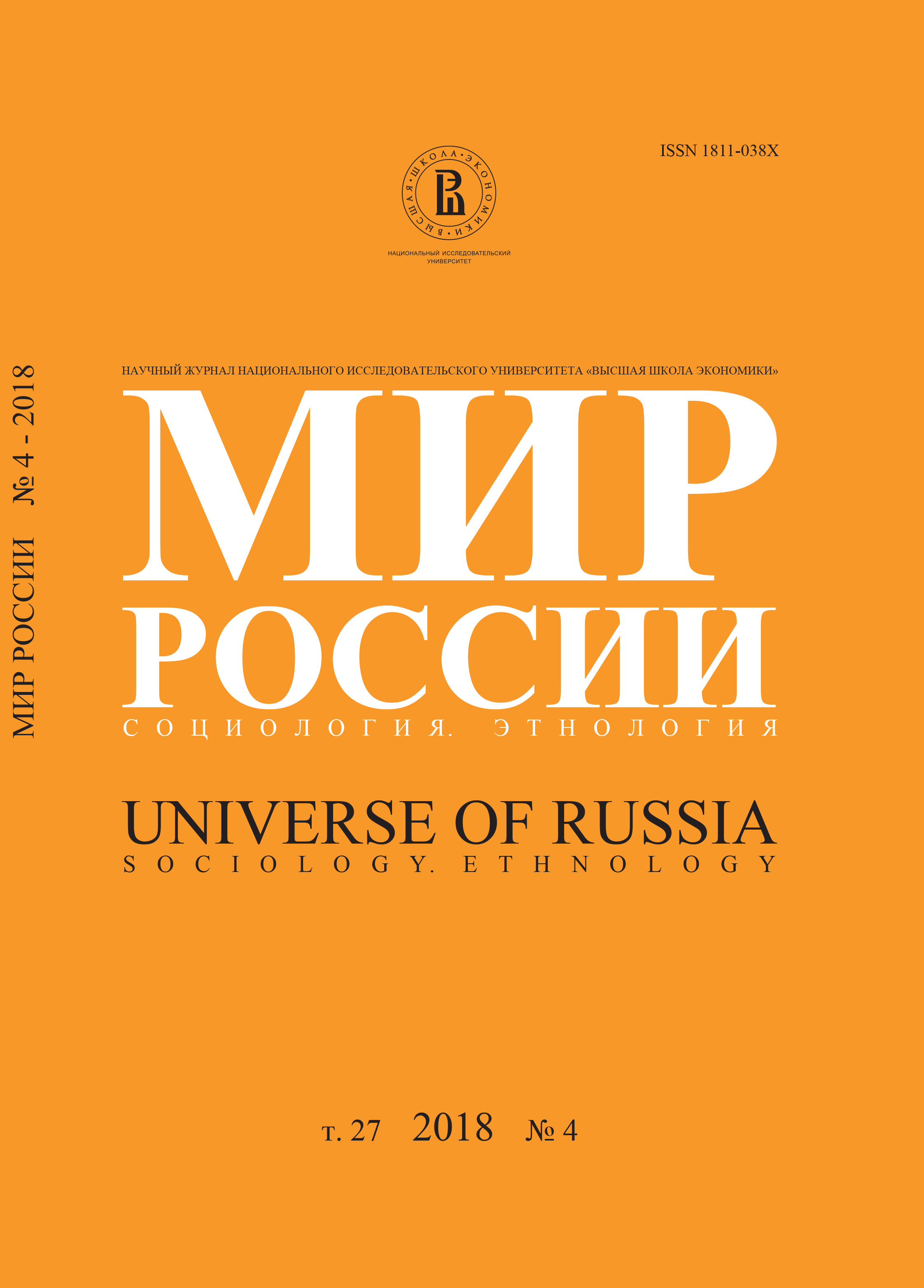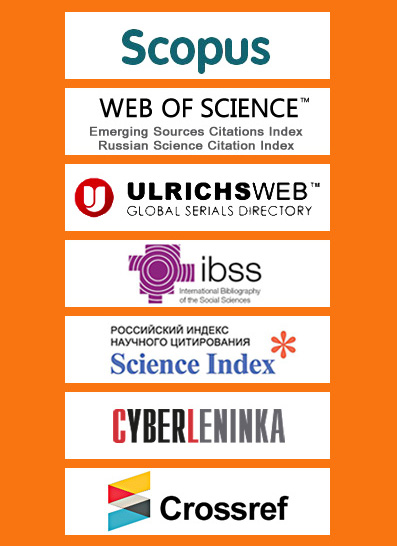Десакрализация революции и антиреволюционный консенсус в современной России: юбилей 2017 года и его политическое использование/неиспользование
Аннотация
Борис Иванович Колоницкий – доктор исторических наук, профессор, Европейский университет в Санкт-Петербурге; ведущий научный сотрудник, Санкт-Петербургский институт истории ФНИСЦ РАН. Адрес: 191187, Санкт-Петербург, Гагаринская ул., д. 6/1а. E-mail: kolon@eu.spb.ru
Мария Георгиевна Мацкевич – кандидат социологических наук, старший научный сотрудник, Социологический институт ФНИСЦ РАН. Адрес: 190005, Санкт-Петербург, 7-ая Красноармейская ул., д. 25/14. E-mail: m.matskevich@socinst.ru
Цитирование: Колоницкий Б.И., Мацкевич М.Г. (2018) Дескарализация революции и антиреволюционный консенсус в современной России: юбилей 2017 года и его политическое использование/неиспользование // Мир России. Т. 27. № 4. С. 78–101. DOI: 10.17323/1811-038X-2018-27-4-78-101
Авторы статьи рассматривают вопрос о соотношении российской символической политики и общественного мнения в год юбилея российской революции 2017 года, используя исследовательский подход case study. Результаты опросов общественного мнения и других источников позволяют сделать вывод о том, что столетие революции не стало важным событием года. Основные участники политического процесса – представители власти и те общественные силы, которые от власти дистанцируются, – незначительно использовали ресурс юбилея. Наряду с прочими причинами это было связано и с малым интересом граждан России к этому историческому событию. Важным фактором, влияющим на современный политический процесс, в том числе на политику памяти, является антиреволюционный консенсус: хотя отношение жителей России к событиям 1917 года и к современной политической ситуации существенно отличается, абсолютное большинство отрицают революцию как возможный сценарий развития страны. Это обстоятельство также оказало влияние и на деятельность различных акторов – политиков и писателей, режиссеров кино, общественных деятелей. Антиреволюционный консенсус ограничивает репертуар протестных действий, не позволяя опираться на российскую революционную политическую традицию.






